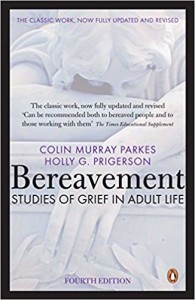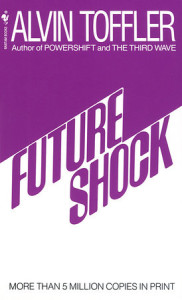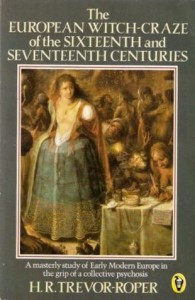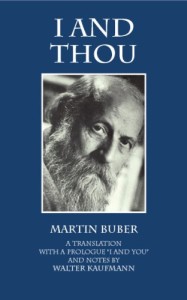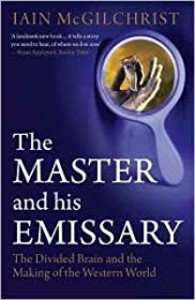ROGAN WOLF
Can liberal democracy survive our tumultuous, bewildering, frightening, dangerous times? As things stand, it seems not to be coping at all. It is surely in great danger of allowing and even encouraging the irresponsible and anti-social worst to take command, leaving the nurturing best in shadow, self-doubt, helplessness and despair.
I doubt if there is a single cause or cure, and I doubt whether anyone can really do much more than guess.
I am going to contribute my own guesses here by presenting a short book list, summarising each book in turn. I think each book is one which any browsing “general reader” might pick up. But I also think that singly and collectively they have much to say on what is now happening within us and all around us.
Most of the books are several decades old. Maybe this reflects something about me – that books hit me harder when I was younger. But I do not think the books are dated or have been “superceded” in any way. If anything, they press yet harder and unarguably now than they did when I first read them.
The list includes Future Shock by the late Alvin Toffler, On Bereavement: Studies of Grief in Adult Life by a psychiatrist called Colin Murray Parkes, The European Witch-Craze of the Sixteenth and Seventeenth Centuries by the late Hugh Trevor-Roper, I and Thou by Martin Buber and The Master and his Emissary – the divided brain and the making of the western world by a psychiatrist called Iain McGilchrist.
I have suggested that while liberal democracy is under threat, it is those of us who live within its remit who are its chief enemies; democracy needs better regulation in order to protect its freedoms. For there is no real alternative to liberal democracy. We just need to make it work better for us, and us for it. And we need to hurry.
And let’s not hold another election anywhere until we have come up with regulations which protect the election process and hence our democratic governance from the enemies of freedom and trust and truth and community – true connectedness.
And let’s restore to vigorous leadership the right hand side of our brains, to make community and re-connection possible.
I’ll give Iain McGilchrist the last word: “Meaning is not in things. Meaning can never be in a discrete entity. Meaning is in the joins – well, not strictly the joins, but more like in the ‘betweenness’, the new whole… Meaning comes from connection…”
The whole article can be read here: Can Liberal Democracy Survive



